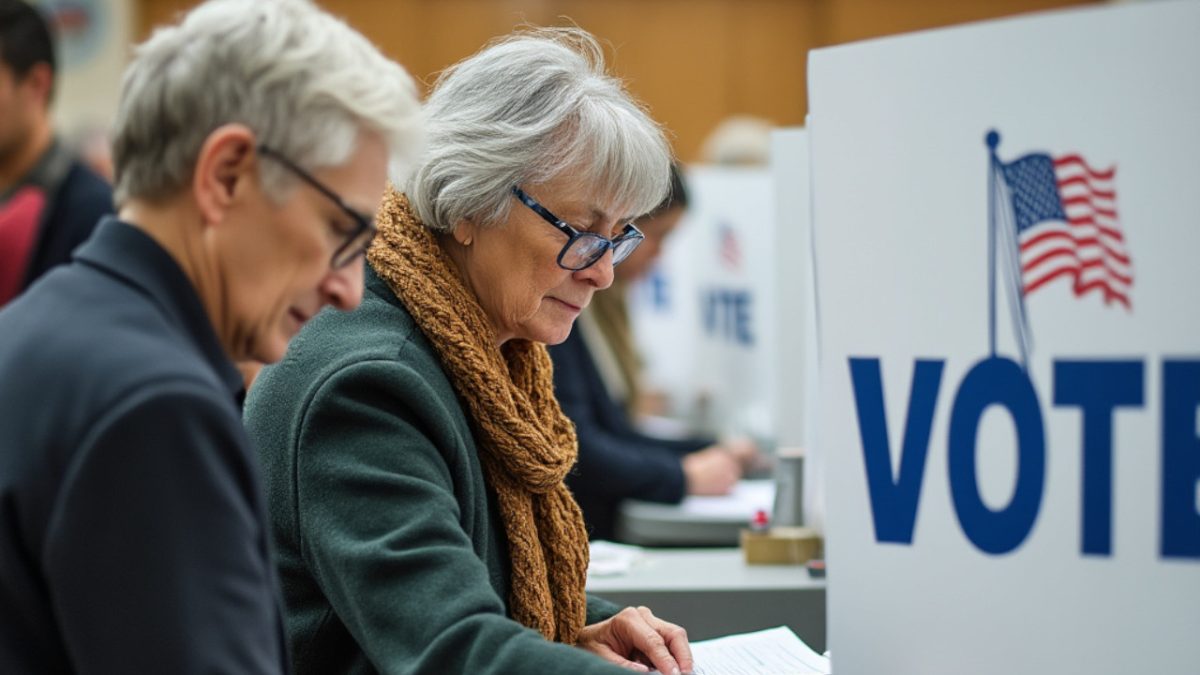During the 2024 Idaho legislative session, the Secretary of State advocated for changing the March Presidential primary to align with the May primary for other elected offices – ostensibly to save money. However, the legislation passed by the legislature and signed by the governor ABOLISHED the Presidential primary altogether, thereby disenfranchising all Idaho citizens from being able to choose the Presidential nominee! Fortunately, the Idaho Republican Party acted quickly to arrange for an early March Presidential caucus so at least registered Republicans could vote to select the Republican nominee.
The 2025 Idaho legislative session should immediately repeal the legislation that abolished the Presidential primary and restore the original wording of the statute that was amended. The Presidential primary should remain distinct from the primary for other elected offices and take place early in the election cycle (March) so Idahoans’ votes can inform the political party conventions’ choice of a nominee for President.
The unintended consequence of this legislative action (disenfranchisement!) MUST be corrected.
It appears Proposition 1 would also have had adverse consequences if it had been in effect in 2024. I bring this up even though the measure was defeated, so voters are aware of the potential problems with Proposition 1 and are prepared to prevent its future enactment by the legislature or citizen initiative process.
The primary election portion of the measure states, “The top four vote-earners for each office would advance to the general election.”
Proposition 1’s changes to the primary process would have forced candidates who are unaffiliated with a political party to campaign for both the “top four” primary election and the general election (if the candidate is selected as one of the top four). This is a substantial increase in time and expense for “Independent” (unaffiliated) candidates, who currently don’t compete during the primary phase at all (they can wait to campaign for the General Election) and don’t have the financial backing of a political party to help them.
Proposition 1 would also potentially reduce a voter’s range of political affiliation choices on the November ballot. In my county five Presidential candidates and a county sheriff candidate were listed as Independent. It is probable none of the five Presidential candidates would have passed the “top four” process and made it to the General Election. But all four primary race sheriff’s candidates would have been on the General Election ballot again – so what was the point of a primary?
Proposition 1 appears to also eliminate a category of General Election candidates from consideration altogether: write-in candidates who did not previously enter the primary race. This year that would have affected the prosecutor’s race in my county. Proposition 1 would have reduced the write-in candidate’s opportunity to compete for an elected position and voters’ range of choices.
Proposition 1’s instant ranked choice voting would take away the county clerk and commissioners’ responsibility to canvass the first-round votes, replacing their duty to ensure honest elections with the “decisions” of a machine. An “instant” machine-determined run-off if no candidate secures a majority on the first round of voting also takes away the candidate’s opportunity to campaign for a run-off election and voters’ opportunity to learn more about why a candidate is or is not the best choice.
Finally, there’s this consequence: If Proposition 1’s “top four primary” had been in effect for 2024, Kamala Harris would not have qualified to be a candidate for President on Idaho’s General Election ballot! Harris did not participate as a candidate for President in ANY states’ primary (and Idaho’s primary was canceled by the legislature), so it is therefore impossible for her to have been a top four vote-earner and advance to Idaho’s General Election ballot! Let that sink in: Proposition 1 would have denied Idaho’s voters the option of voting for the Democrat Party convention’s nominee (Kamala Harris) on Election Day. I don’t think that is an outcome Proposition 1’s proponents intended.
Abolishing Idaho’s participation in the political party primary process for President already put our state out of sync with the rest of the country’s process for selecting a nominee. (The legislature needs to correct this error immediately.)
However, Proposition 1 would potentially have had even more adverse consequences to our elections if it had been in effect. Citizens should beware any attempts to re-run this initiative.


